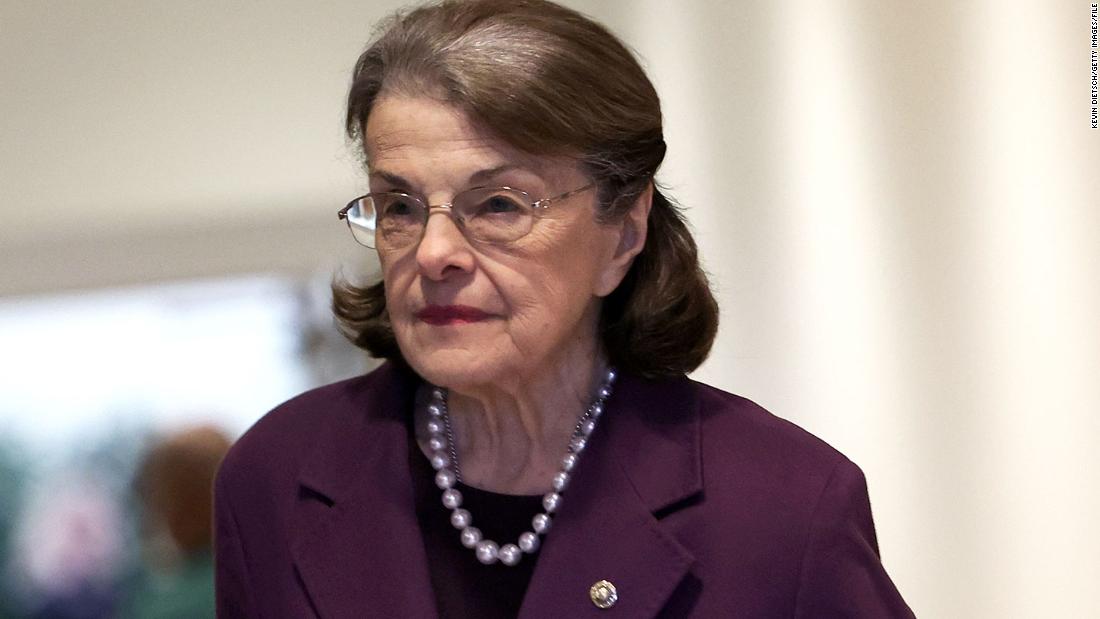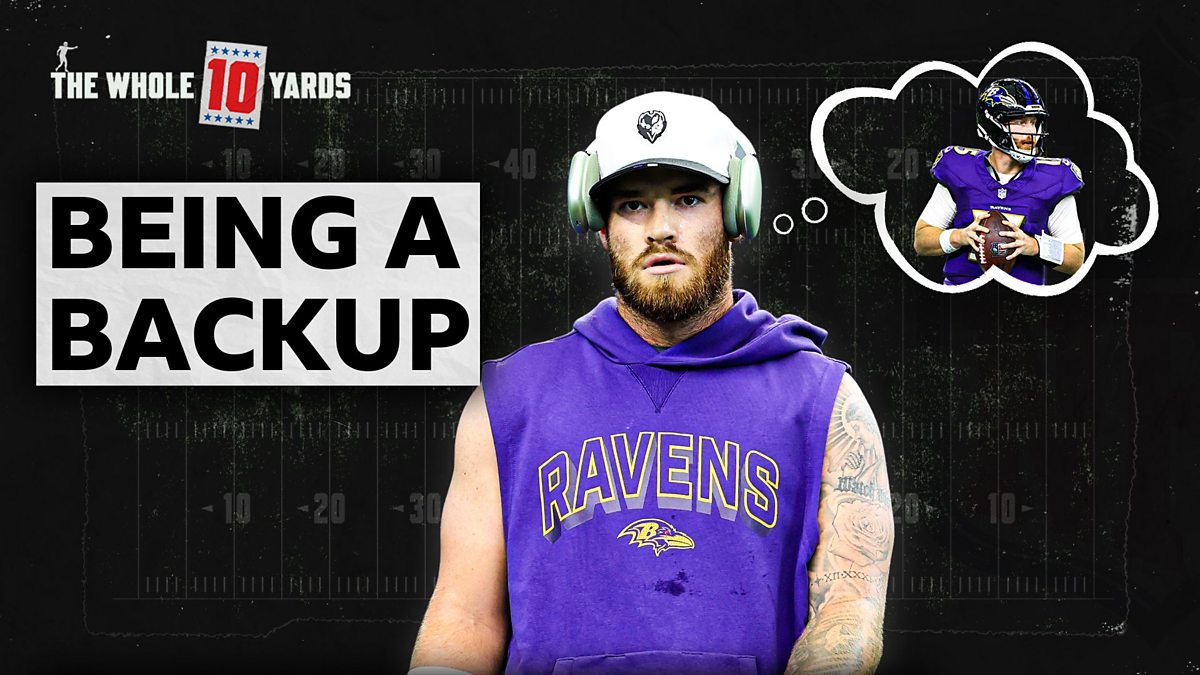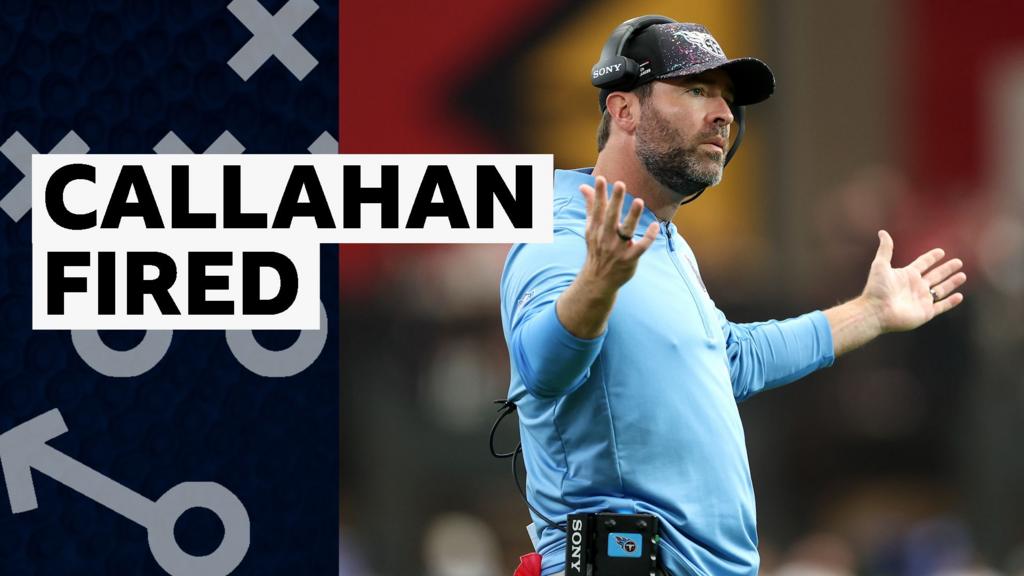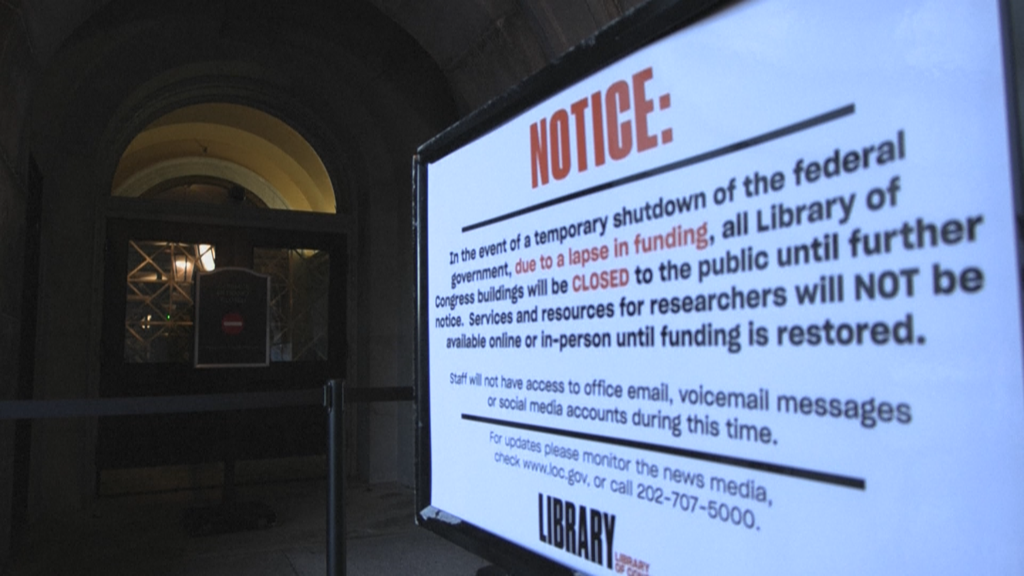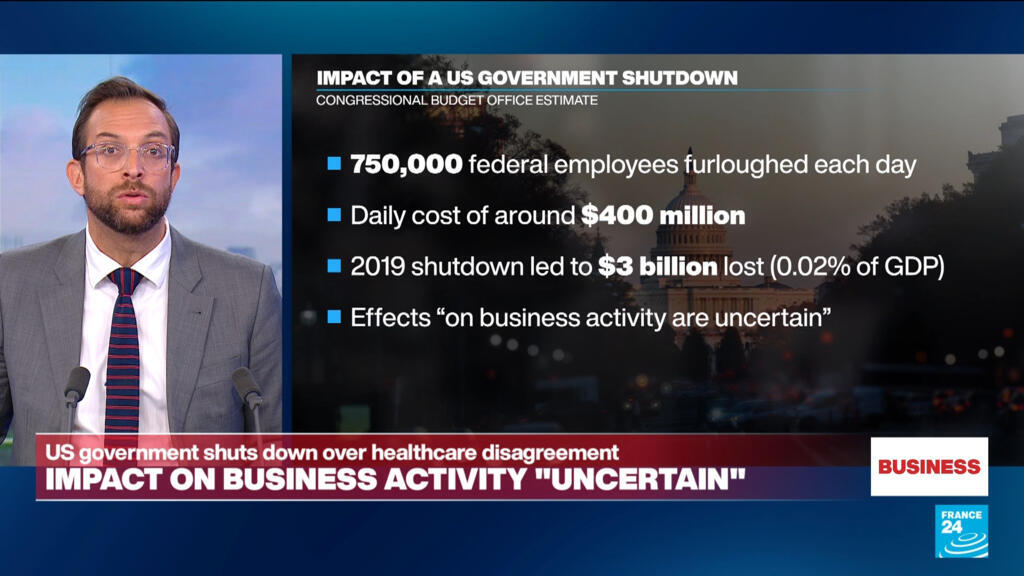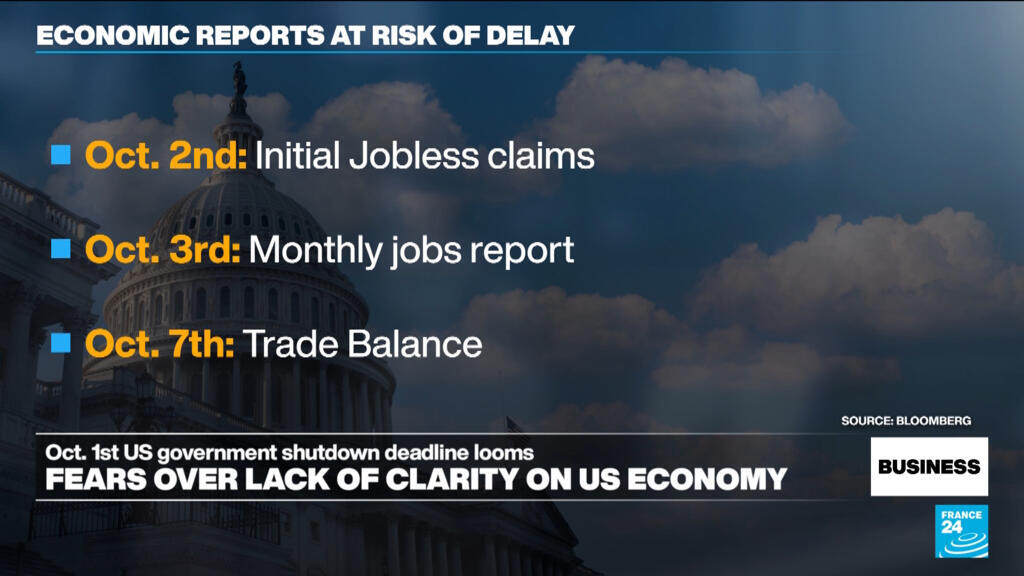What are the new COVID-19 vaccine requirements? 2 Helps You answers your questions
Many people are running into confusion this season when trying to get a COVID-19 vaccine because federal guidance changed this fall.
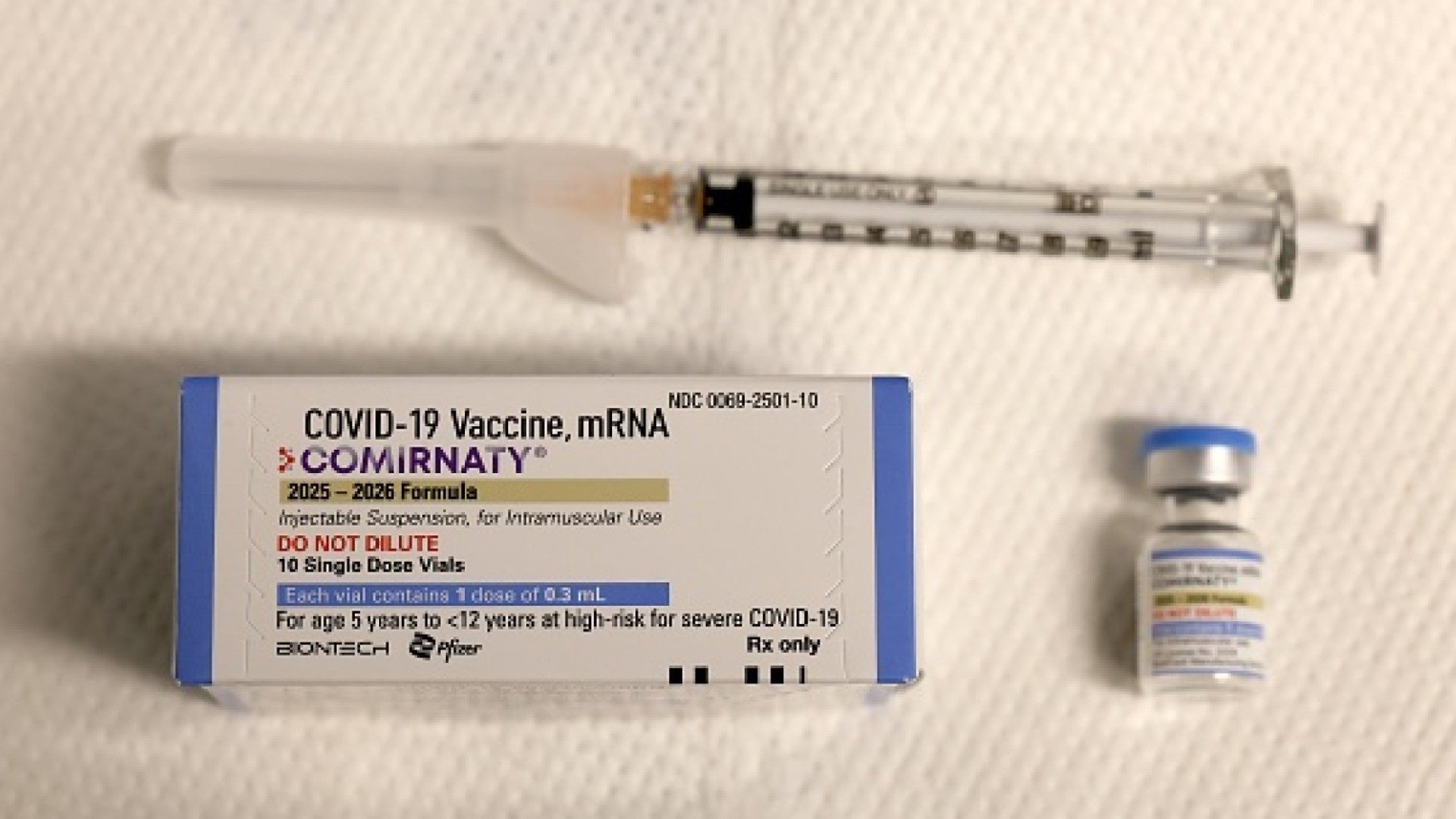
Many people are running into confusion this season when trying to get a COVID-19 vaccine.
That’s because federal guidance changed this fall: vaccine advisers to the U.S. Centers for Disease Control and Prevention (CDC) voted to move away from a broad recommendation for everyone and toward an individual-based approach.
RELATED: Federal employees in mental health and disease control were among targets in weekend firings
What changed?
In September, advisers voted unanimously to shift the CDC’s stance on COVID-19 vaccination. Instead of a blanket recommendation, the new approach asks people to consult with a health care provider to decide whether a shot is right for them.
The advisory committee’s decision goes beyond simple guidance — it effectively requires a conversation with a clinician before the vaccine will be made available, falling just short of needing a prescription.
Who does the new guidance affect?
- People 65 and older: The guidance says these individuals should make the decision about whether to get a COVID-19 vaccine in consultation with a doctor or another health care provider.
- People aged 6 months to 64 years are at increased risk for severe disease: Doctors should advise these patients about the benefits of vaccination so they can make an informed choice.
What are clinics doing now?
At some pediatric centers, policies have already changed.
For example, Texas Children’s Pediatrics is telling parents that they cannot schedule a simple nurse visit to receive the vaccine; instead, the practice is asking families to schedule an appointment with their pediatrician so the clinician can make the vaccine recommendation during that visit.
Coverage and cost
The CDC emphasized in an October press release that the individual-based decision-making approach still allows for vaccination coverage under federal and private payment systems. As the CDC put it:
“Individual-based-decision-making allows for immunization coverage through all payment mechanisms, including.... Medicare, Medicaid, Children’s Health Insurance Program, and the Vaccines for Children Program, as well as insurance plans regulated by the Affordable Care Act.”
That means kids 6 months and older and insured adults should generally be able to receive a COVID-19 vaccine without paying out of pocket.
What should you do next?
- Check with your health care provider or clinic about their current process for COVID-19 vaccination appointments — some clinics that previously offered nurse-only visits may now require a clinician visit.
- Verify coverage with your insurer if you have concerns about costs; many plans and federal programs cover the vaccine.
- For official guidance and the latest updates, consult the CDC’s website or your primary care provider.







